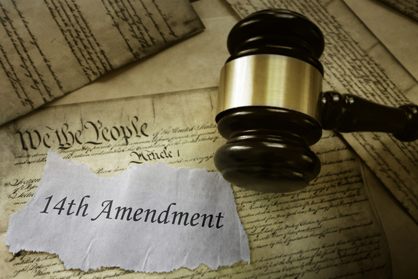In a big win for government authorities, on Tuesday, the 5th U.S. Circuit Court of Appeals overturned a lower court’s order and held that cellphone data of consumers do not have constitutional protection and can be acquired without a search warrant.
Earlier, U.S. District Judge Lynn Hughes had agreed to the ruling of a magistrate judge that requests by federal authorities to compel cellphone providers to turn over constitutional data, without a search warrant, was unconstitutional.
The 5th Circuit laid all doubt about privacy to rest by declaring that individuals have no reasonable expectation of privacy on their location data, as because it is automatically collected by phone companies and forms part of their business records. Hence law enforcement does not require a search warrant to obtain such data, or before engaging in surveillance of historical location information of people.
The court observed, “[C]ell site information is clearly a business record. The cell service provider collects and stores historical cell site data for its own business purposes … the government merely comes in after the fact and asks a provider to turn over records the provider has already created.”
The Fifth circuit also indicated that not the government but the user of the phone was to blame for the creation of such records: “Their use of their phones, moreover, is entirely voluntary … The Government does not require a member of the public to own or carry a phone.”
The three-judge panel wrote, “We understand the cell phone users may reasonably want their location information to remain private … But the recourse for these desires is in the market or the political process: in demanding that service providers do away with such records … or in lobbying elected representatives … The Fourth Amendment, safeguarded by the courts, protects only reasonable expectations of privacy.”















































